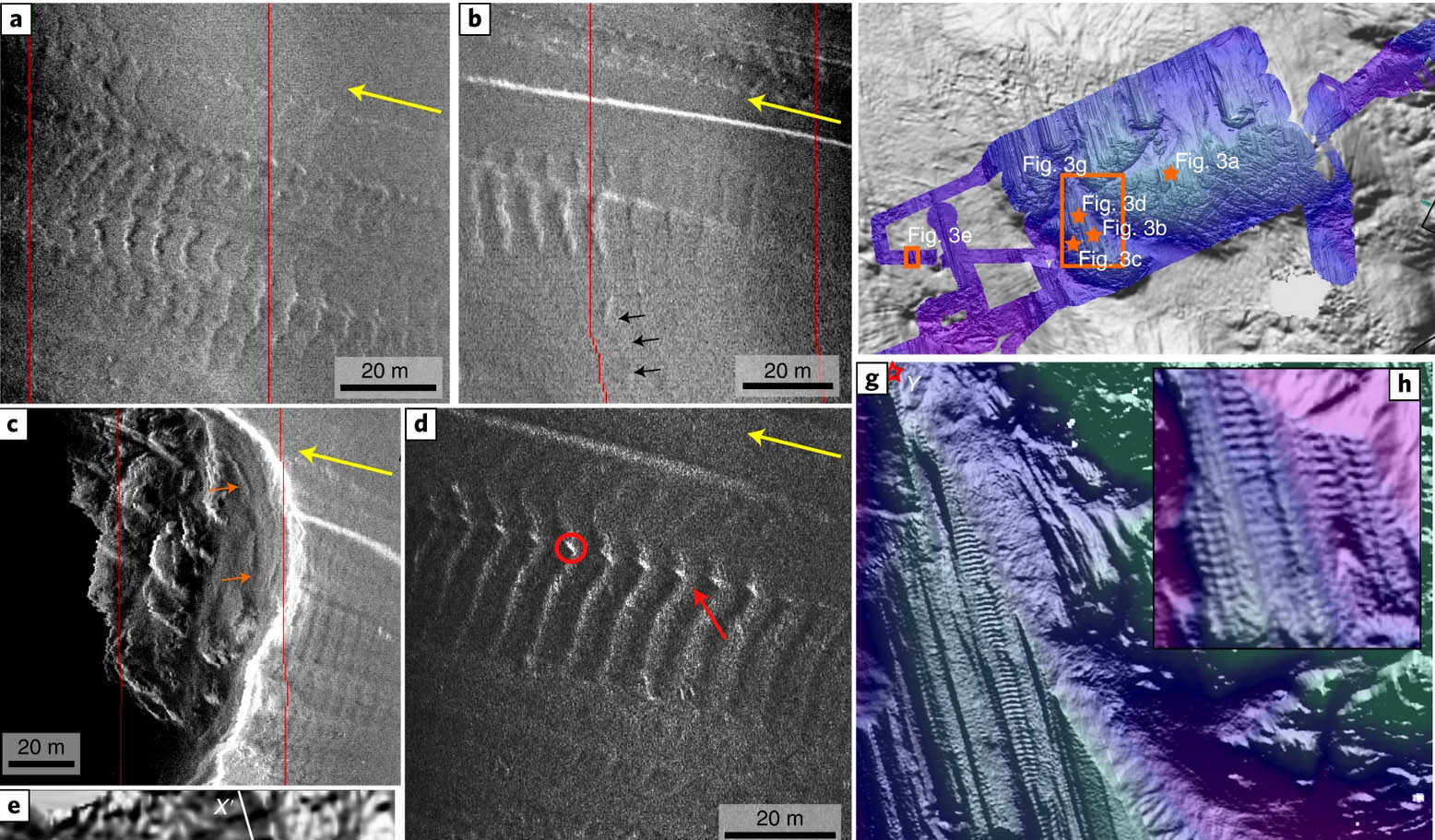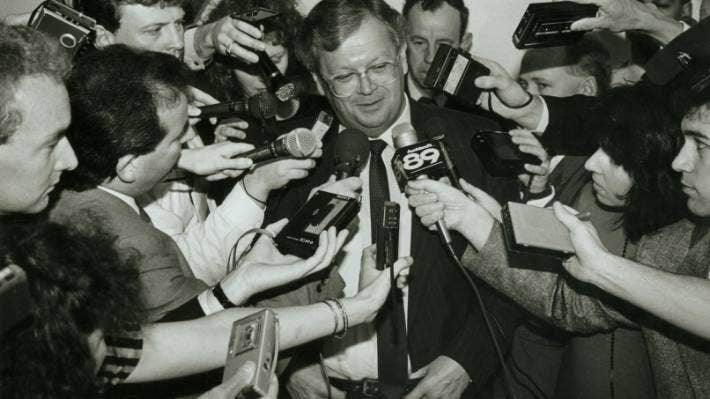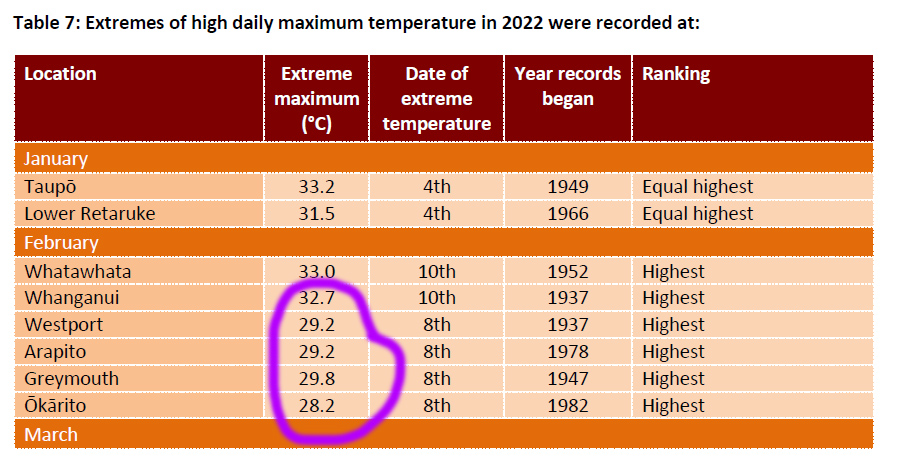NOEL HADJIMICHAEL
Schools can play a bigger role promoting democratic values
The last 30 days or so have seen Australians come to grips with a diverse range of challenging images. We have been traumatised by scenes of bomb victims in Bali and intrigued by reports of asylum seekers recanting core claims. University students demand change and industrial relations debates create new coalitions of interest amongst old enemies. Claims that non-compulsory voting is bad for our civil society contrast with champions of choice seeking freedom in social behaviour or consumer purchase.
It is no wonder that most primary school children I talk to, and I have visited an awful lot of schools for my work, are bemused by the idea of democracy. They seem to think it is a ‘good’ but are unsure what it entails.
The Constitution Education Fund – Australia, CEFA for short, has gone to the trouble of researching the ‘five pillars of Australian democracy’ for the purpose of getting primary school aged kids excited about this thing called Australian democracy. The research has come back and the results are clear: neither fashionable words like ‘multiculturalism’ or conflict-orientated ideas like ‘class struggle’ mean anything to today’s youth.
What young Australians aged 10 or 11, from the 350 student sample involved in our pilot programs this year, seem to identify with democratic values are both obvious and simplistically sensational. They talk about ‘rules’ and ‘laws’ in the same breath as they discuss what their parents talk about regarding the evening television news.
Rights and responsibilities are ‘cool’, whereas dopey adults with ideas about changing the world are suspect unless or until they gain young Australians trust. Traditions are a fluid concept: a girl with a Greek surname is just as likely to be into Scottish Highland dancing as the boy with the Chinese surname is to be into surfing.
In 2004 a study commissioned by the government found some interesting things: only about 45 percent of 17-year-olds intend to register to vote, whereas about 85% of 18-year-olds would vote if enrolled. Less than 60 percent of young adults believe that they have the knowledge to understand political issues and only about 41% of female first-time voters say they have the knowledge to make decisions when voting.
The top sources of information that young people declare they trust about voting or elections are parents, the media, and school teachers. Religious groups and the internet fall at the lower end of the scale.
When asked if people in government can be trusted to do the right thing about half of 18 year olds agreed. When asked if the people running government are smart or clever, ‘yes’ answers fell to around 35%.
What these and other sources say to me is that the five pillars of democracy are: the rule of law, parliamentary democracy, federal power sharing, rights and responsibilities, traditions and opportunities. They are not foreign to what older Australians understood from their schooling.
If teachers and the school experience are so critical to students, what are we doing as a society to make their transition to adult political life worthwhile, effective and smart? These questions are being examined around the country today. The answers to these challenges may shape the effectiveness of our responses to terror, trauma and tedious global economics.
Noel Hadjimichael is Director of the Governor-General’s Prize Program. More information about CEFA can be found at www.cefa.org.au.







